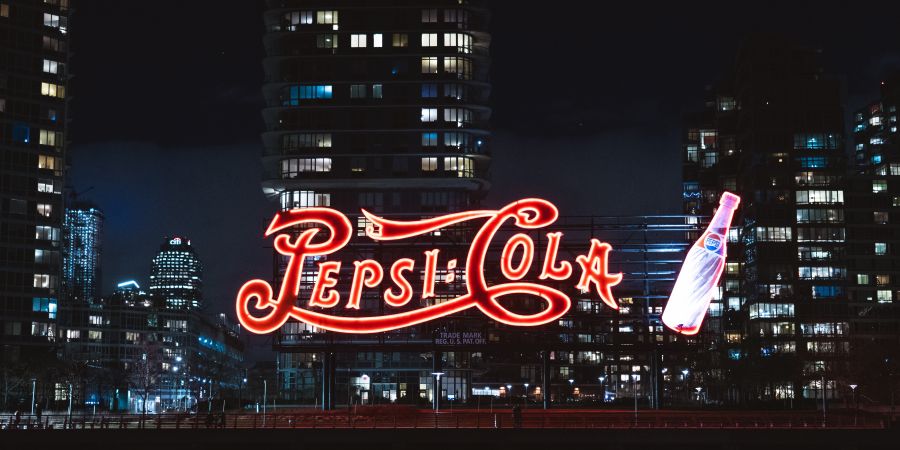

One of the most well-known and well-liked soft drinks in the world is Pepsi. More than 200 nations around the world sell this carbonated beverage. Since its initial release in 1898, Pepsi has grown to be a significant participant in the soft drink sector. This article will examine Pepsi's past and present, as well as its development over time.
The Pepsi's History
Caleb Bradham, a chemist, invented Pepsi in 1898. In New Bern, North Carolina, Bradham operated a pharmacy where he offered a range of goods, including soft drinks. He invented "Brad's Drink," a concoction of sugar, water, caramel, lemon oil, nutmeg, and other ingredients, in 1893. He eventually made the decision to rename his beverage Pepsi-Cola, believing that this would more accurately convey its flavour and quality.
Pepsin, a digestive enzyme, and kola nuts, which contain caffeine, are two of the beverage's primary constituents, from which the term Pepsi-Cola was created. Bradham thought his new beverage would be a better choice than other sodas available at the time, which frequently contained lethal amounts of cocaine and caffeine.
Initial Success
Bradham's drugstore was where Pepsi-Cola was originally offered for sale, and it soon gained popularity among his clients. He established the Pepsi-Cola Company in 1902 and started selling his beverage to nearby drugstores and soda fountains. By 1904, he had relocated the business to a bigger location in New Bern, and Pepsi-Cola was being sold in a number of East Coast states.
The competition from other soft drink producers, such as Coca-Cola, was fierce for Pepsi-Cola. The business started giving discounts to customers who bought more Pepsi-Cola in order to acquire an advantage over its rivals. Additionally, a larger bottle size was created, which was more affordable for the user.
Growth and Innovation
Pepsi-Cola continued to grow its business in the 1920s and started distributing its beverage in new regions of the country. A number of new products were also launched by the firm, including Diet Pepsi and Pepsi Free (later renamed Caffeine-Free Pepsi).
Pepsi-Cola introduced a number of advancements to the soft drink sector in the 1950s and 1960s. It debuted Patio Diet Cola, the first-ever diet cola, in 1959. Additionally, it was the first business to advertise on television, starting the well-known "Pepsi Generation" campaign in the 1960s.
Pepsi Light, subsequently known as Diet Pepsi, was a new product that Pepsi-Cola introduced in 1975. It immediately rose to the top of the company's list of best-selling items and contributed to Pepsi's status as a significant force in the soft drink market.
Pepsi Now
Pepsi is one of the biggest soft drink producers in the world today, with a portfolio of beverages that includes Pepsi-Cola, Diet Pepsi, Pepsi Max, and many others. Additionally, it works in sectors like the snack food and sports drink businesses.
Pepsi has experienced significant competition in recent years from both competing soft drink producers and the expanding market for healthier beverage options. The business has launched a number of new products to address these issues, including Pepsi Next (which has less sugar and calories than ordinary Pepsi) and Pepsi True (which uses natural sweeteners).
Pepsi has also put a lot of effort into boosting its brand through advertising campaigns and alliances with well-known athletes and sports figures. For instance, the business has produced commercials and other advertising campaigns in collaboration with Beyoncé, Justin Timberlake, and other well-known performers.
